I Need You To See Me’s Sam Salter: ‘I’m thrilled my acting debut is a queer story’
Exclusive: "I’ve not personally seen a story remotely similar to this one in the queer world of TV and film" says the dancer-turned-actor
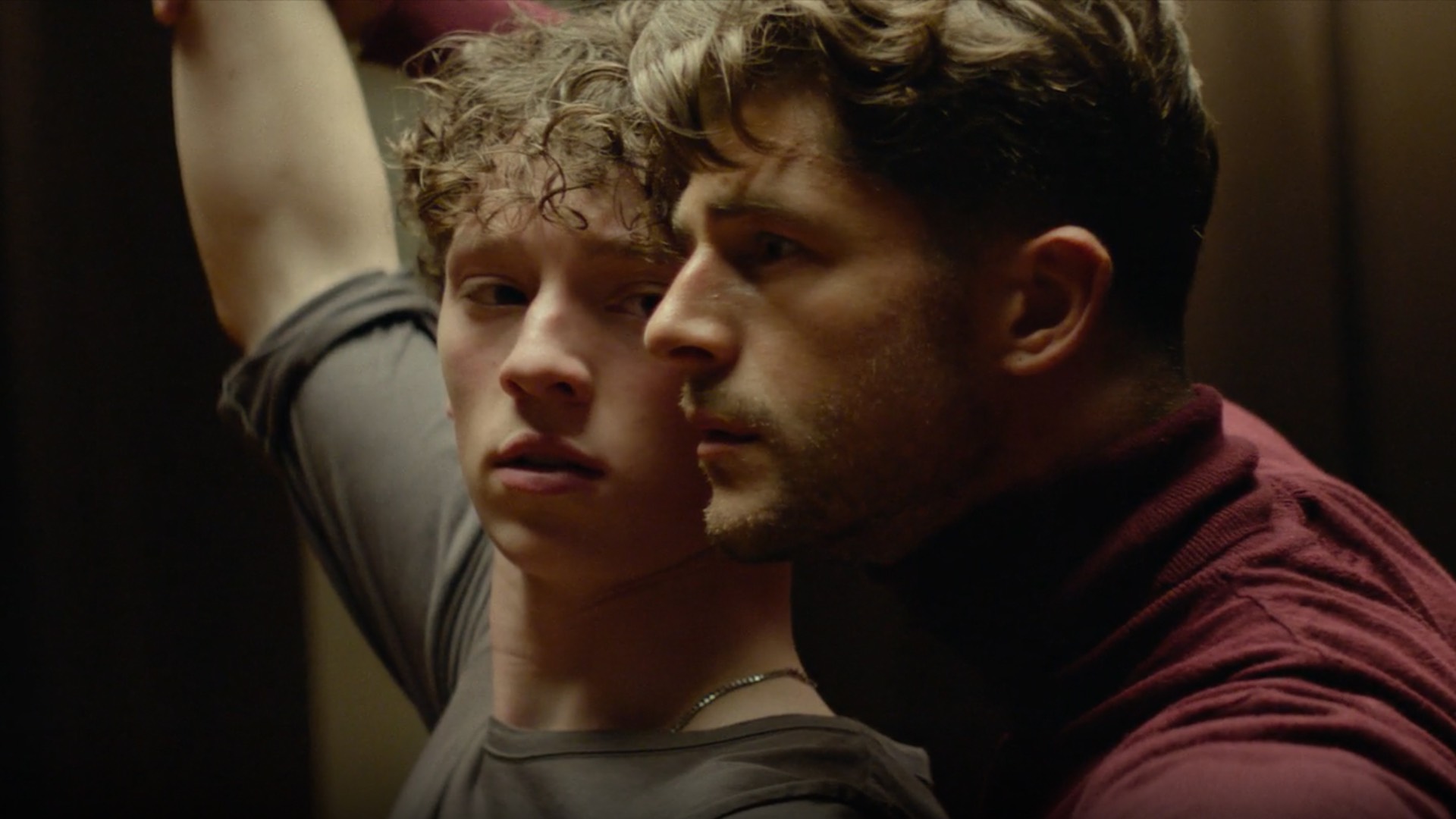
I Need You to See Me is a film about a troubled young gay dancer seeking connection with a substitute teacher, which leads to a spiral of disturbing events. Dancer Sam Salter makes his acting debut in this short film, written and directed by Kristian Lever.
The film delves into themes of identity, power dynamics, and mentorship.
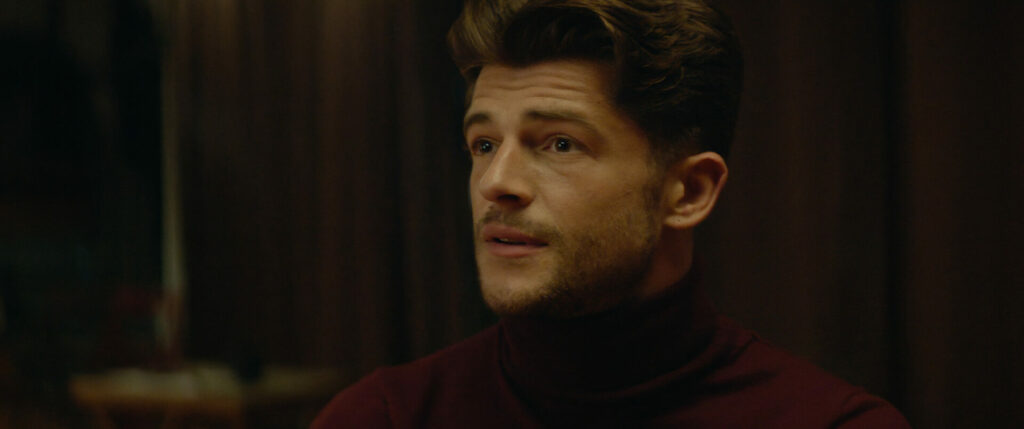
In this exclusive Q&A, the 30-year-old – who was a digital Attitude cover star last year, posing for the above shoot [below] – reflects on his transition from dance to acting, his collaboration with Kristian, the importance of LGBTQ+ role models, and how his own personal experiences shaped his portrayal of the teacher in this poignant and timely film.
When Kristian first shared the script for I Need You to See Me with you, what were your initial thoughts?
The plot twist initially jumped out at me first, how the power dynamics between teacher and student completely flips upside down. It also felt believable to me – like this is a situation that actually could be real life. Finally, I felt like there was a world where it could be relatable. I am both a teacher and I have been a dance student in training. So I really tried to put myself in the character’s shoes in terms of realistic playing.
This project marks your acting debut. What was it about this film that made you want to dive into acting?
I loved the script. The part felt right for me. I liked the character’s journey and I was really looking forward to shooting film. I had learnt so much in those days we rehearsed and filmed; eye-lines, camera shots, different thoughts with different takes to keep it fresh. It was awesome.
In I Need You to See Me, you play a substitute dance teacher who becomes a mentor figure to a young dancer struggling with his identity. How important do you think it is for LGBTQ+ individuals growing up to have queer role models? Did you have any?
I think it’s incredibly important. We essentially grow up knowing we’re different. How many queer kids are out openly in schools? My guess is very little. Where the world is typically run by heterosexuals, it’s very important to have queer kids look up to people. Even if [only] a few. For me, it was my dance teacher Steven.
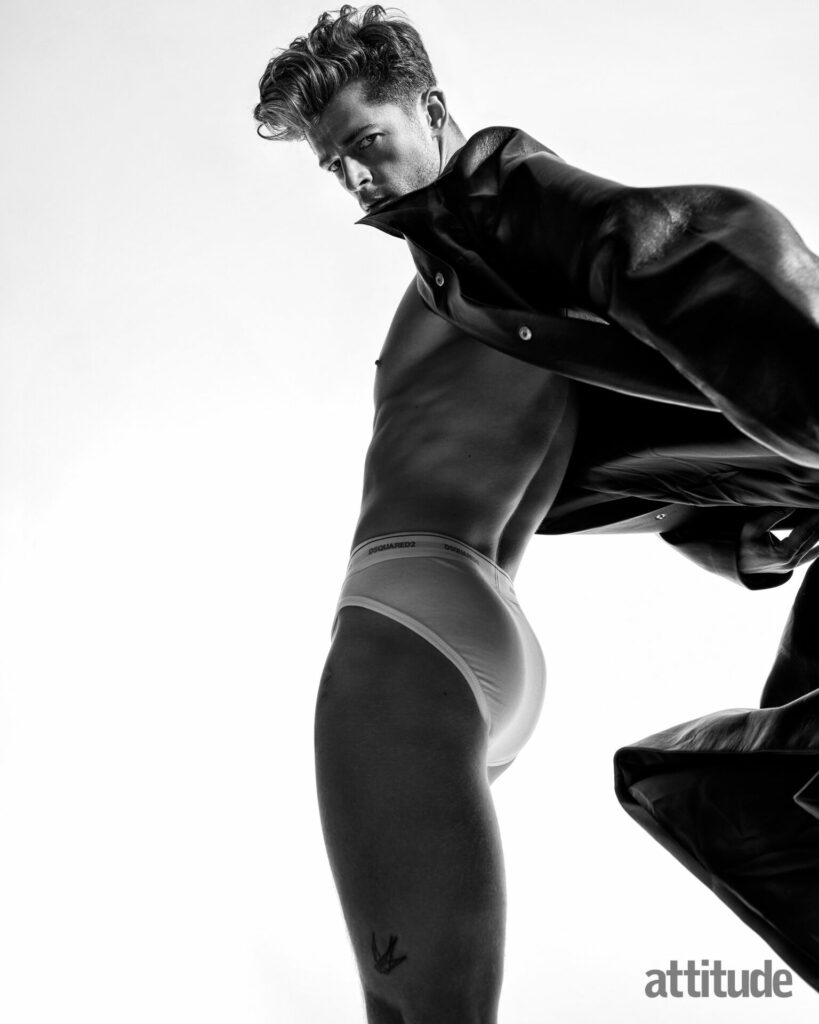
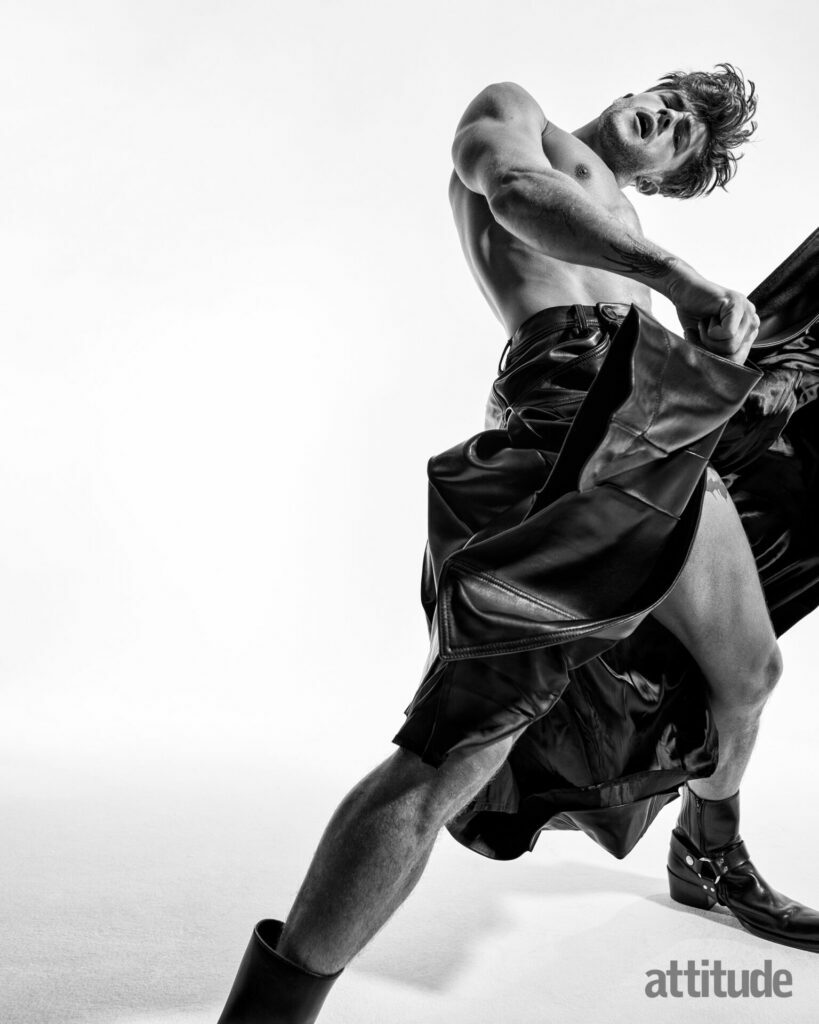
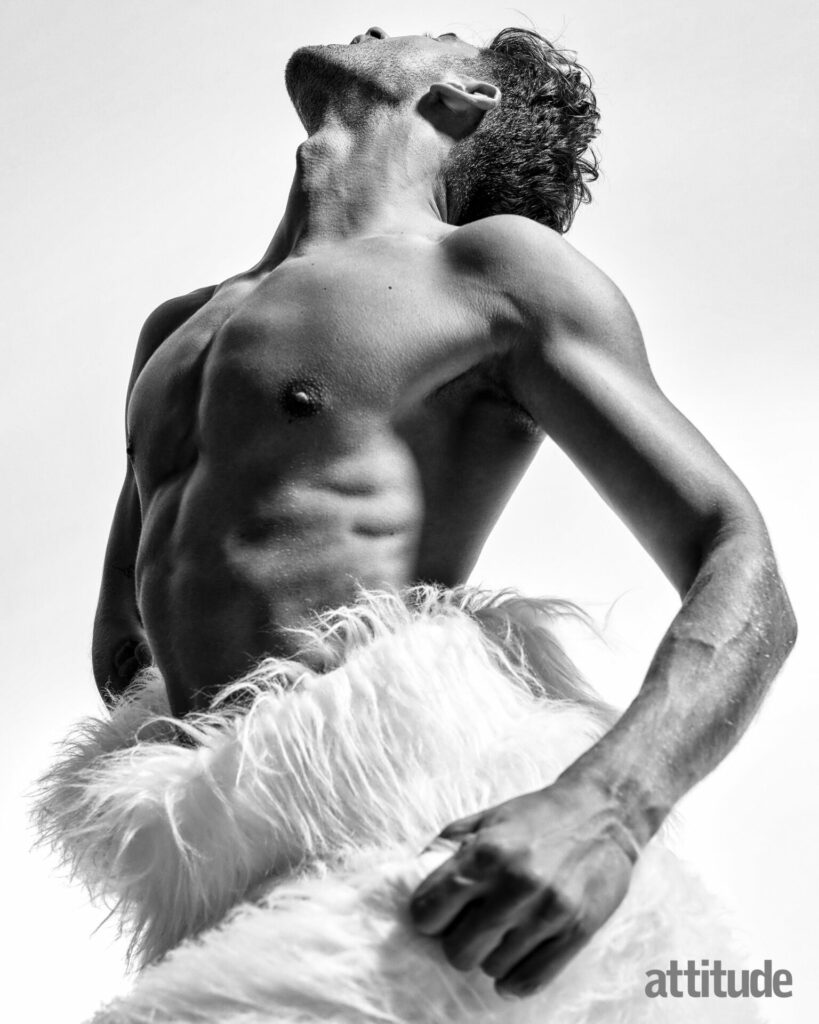
What was it like collaborating with Kristian Lever, a gay filmmaker, on such a personal story, and how did his vision shape your performance?
Well, Kristian was amazing, I felt in safe hands. He was so patient and open. I felt I could ask any question without fear of it sounding silly.
Representation of LGBTQ+ stories are crucial in media today. How do you feel I Need You to See Me adds to the conversation around queer narratives? What impact do you hope the film will have?
I’ve not personally seen a story remotely similar to this one in the queer world of TV and film. Which I think is special. I also think it highlights the confusion and sometimes dark moments around growing up queer.
How important is it for you to use your platform, both as a dancer and now as an actor, to uplift and share LGBTQ+ stories like this one?
It’s great to be cast in a role that identifies as gay, as of course, I can relate as I live it. To be part of a story that involves dance too has been amazing as that is my background. I’m so thrilled my acting debut is telling a queer story.
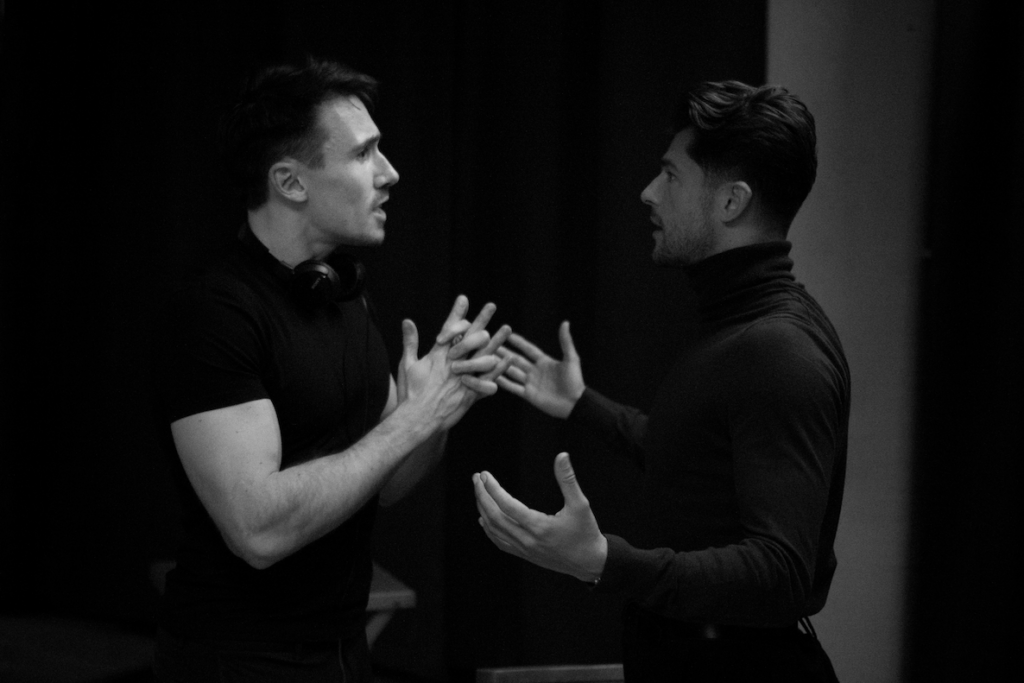
In I Need You to See Me, the film explores how an inadequate support system can deeply affect a young person’s sense of self. Have you ever experienced moments in your own life where you felt unsupported or misunderstood?
Misunderstood, of course, growing up realising I was attracted to the same sex. Not knowing anyone I could really relate to, who I could trust with my secrets at the time involving my sexuality, it was scary.
How important do you think it is for films like this to bring attention to the consequences of failing to provide proper support for young people, especially in the LGBTQ+ community?
It’s so important to bring attention to it, the movement from 50 years ago has been amazing but we still have a way to go so highlighting these areas through storytelling is so important for us.
The film includes some particularly intense and intimate scenes between your character and your young co-actor Rory Toms’ character, where power dynamics and lust come into play. How did you approach these challenging scenes?
With communication and trust. Rory and I worked together very intensely and very quickly got comfortable with each other. The intense scenes were handled brilliantly by Kristian. We’d keep it light, I’d leave rehearsals and put it away, in a box. Those rehearsals were emotionally exhausting, but once I left the room, my character stayed inside it too, that process worked well for me.
